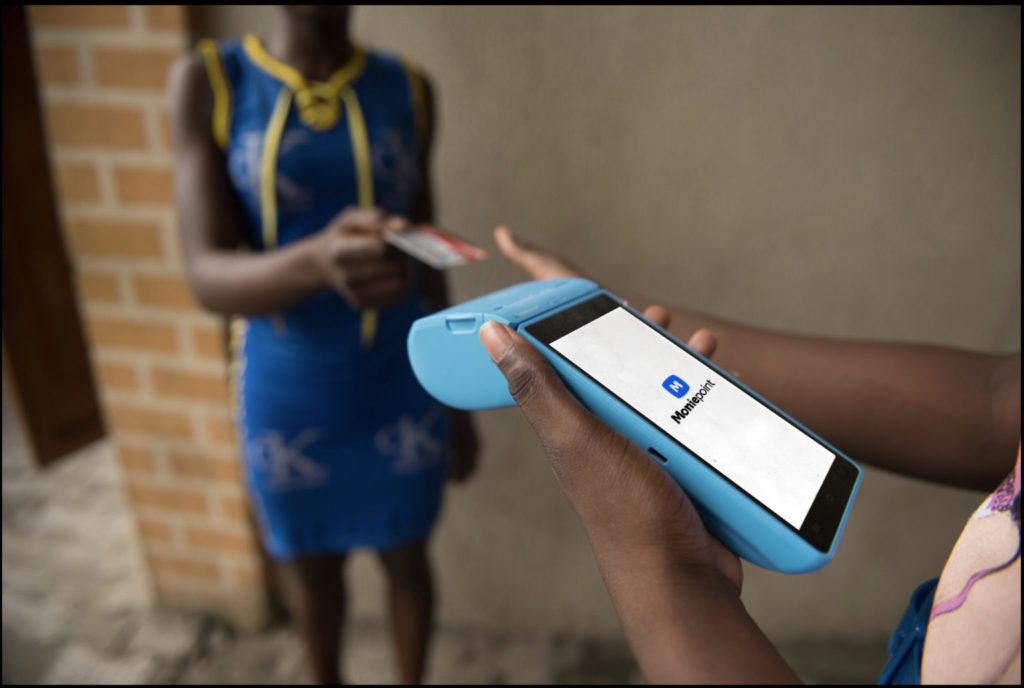Emotu Balogun is not your naive, starry eyed entrepreneur, launching into the deep waters of startups, with dreams of life on easy street. From his early days at CcHub, working tirelessly on 500 shops, he’s learned a thing or two about life on the daily grind.
Nowadays, his mind is preoccupied with his other baby, Traclist. TechCabal, spoke with the fashion shop’s co-founder, discussing the Traclist story so far, challenges they are currently tackling head-on and hopes for the future.
If you had to tell the Traclist story in one sentence, what would you say?
Traclist has come a long way from being just an idea to becoming a source of livelihood for the majority of sellers who use the platform.
How is Traclist currently doing, by the numbers? How many users? Inventory volumes? Monthly revenue? That sort of thing.
Traclist is doing well. We’ve been growing steadily since last year and we’ve done immensely well this year. We’ve grown revenue at a rate of 5% month on month since January 2015. We’ve already surpassed our 2014 numbers on every level. Our sellers list an average of 1500 products every week and we sign up over a hundred new users everyday.
What has been the most notable milestone that Traclist has logged to date?
This year we surpassed a monthly revenue of 10 million. It’s a really good thing and in many ways a validation of our business model. Despite the fact that we’re still a small company, we’ve been able to continue to grow in every aspect.
What challenges does Traclist face?
The operational challenge that arises due to payment on delivery. It has contributed to growth, but it has also been a major barrier to scaling our operations. The effect it has is that no order is really guaranteed until it closes. This makes the logistics of managing deliveries and returns more difficult. But I guess this is the biggest e-commerce problem to date.
Do you think you’ve carved a comfortable niche for yourself in Nigerian e-commerce, or do you still feel pressure from the larger e-commerce competition, as well as comparably-sized competition?
I would say we’re getting there. So far, we’ve continued to increase the number of sellers we have, which also increases the inventory we carry on the website. Since we’re a marketplace, other online fashion retailers can also use our platform as an additional sales channel. As regards competition, I think the pressure is a good thing. We understand that there are other players in the market and as such we have to keep improving and innovating.
You moved out of the CcHub. Why, and how’s that working out?
It’s working out great! We moved out because it was time to. As a company in incubation at the CcHub, we were able to get our idea off the ground at a time when it would have been harder for other companies without funding to do so. Having our own spaces (Office/Warehouse) has helped us grow in many ways. It’s surprising how capacity fills out when it’s available.
Whatever happened to 500shops? There’s a lot of conflicting info flying around. Some say Konga has acquired it. Clive in an interview last year said it’s still up. But currently, he works for Konga. So who’s running it, if it’s still operational?
Technically, Konga didn’t acquire it. They hired the team. 500shops is still up, but it’s not being publicised or actively run. As of today, we’re working on integrating it fully into Traclist. At that point, we’d integrate all the sellers there into Traclist.
Who are your investors? Are you still in the market for fundraising?
We’ve mostly been bootstrapping, with additional help from a few angel investors and yes, we’re still in the market for fundraising.
How many people work at Traclist?
A total of 18 people, co-founders inclusive.
Has talent been a challenge? Especially technical talent? Do you think things might have turned out differently if you weren’t a technical founder? Do you still directly oversee and maintain Traclist’s codebase?
Talent has been a challenge. It’s not very easy finding the right people to handle key roles or develop our solution. Regarding technical talent, we’ve been able to maintain a good team. Our codebase is built and maintained by us, which we see as an advantage. We will continue to keep it this way because we are a technology company.
I think being a technical founder is actually an advantage as I would not have it any other way. I think it might have turned out worse if I weren’t. Maybe not in the beginning, but then effectively evaluating certain situations would have been more difficult.
Traclist from the outside seems to be a direct retailer, but a closer look reveals it’s actually a marketplace with many different merchants. How have you made this “hybrid” model work?
We started out with this model. It’s been a bit more difficult for people to understand that we’re actually a marketplace because of the way we’ve been able to bring everything together. We were able to figure out how to keep it going early on because we never retailed anything from the beginning. It was hard at first because there are a lot of different moving parts, Once we figured out the basics we could keep expanding our merchant base. There are still a lot of challenges, but we are dominating them gradually.
What’s on the roadmap for Traclist, in technical and business respects? What can we look forward to?
We want to play more in the technology space in the near future. Our intention is to continue to provide new ways to make selling online easier for our customers. Right now we’re still only focused on the fashion niche, but we intend to build our technology to the point where it can support other marketplace categories, even if they don’t sell on Traclist directly. We’re also working on expanding our seller base to other states in Nigeria. We’ll also be launching our mobile app for iOS and Android soon.















